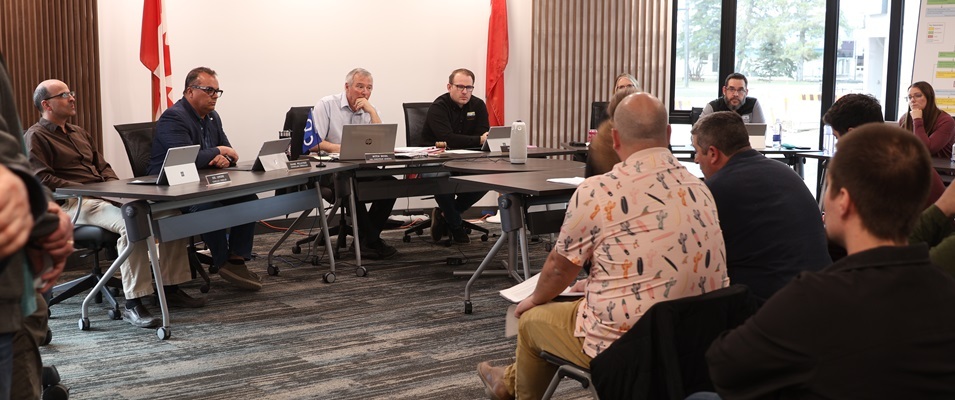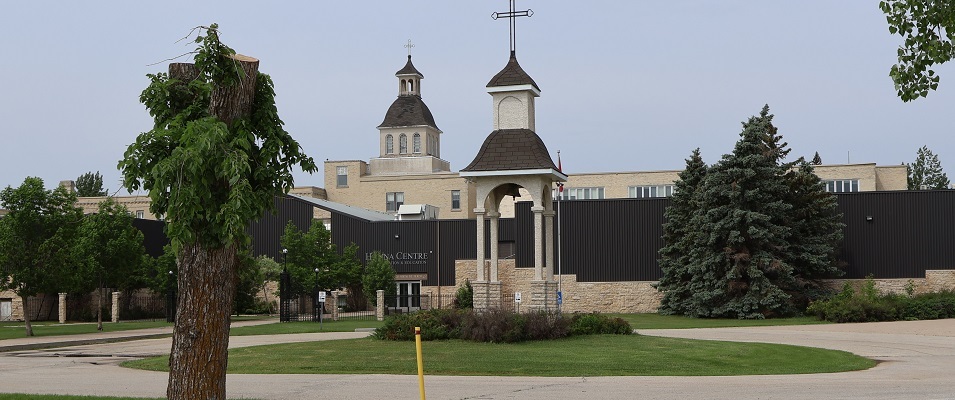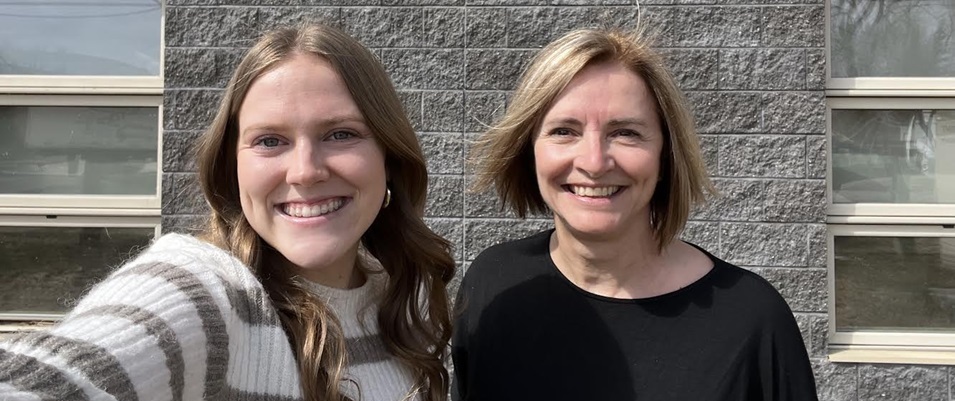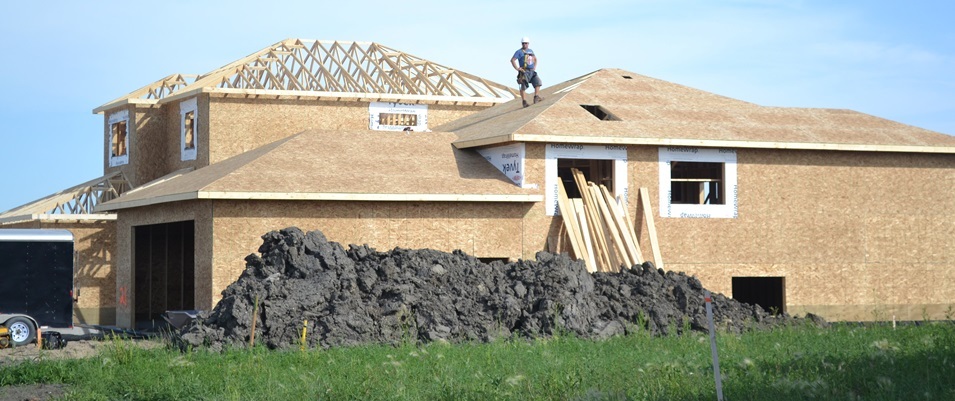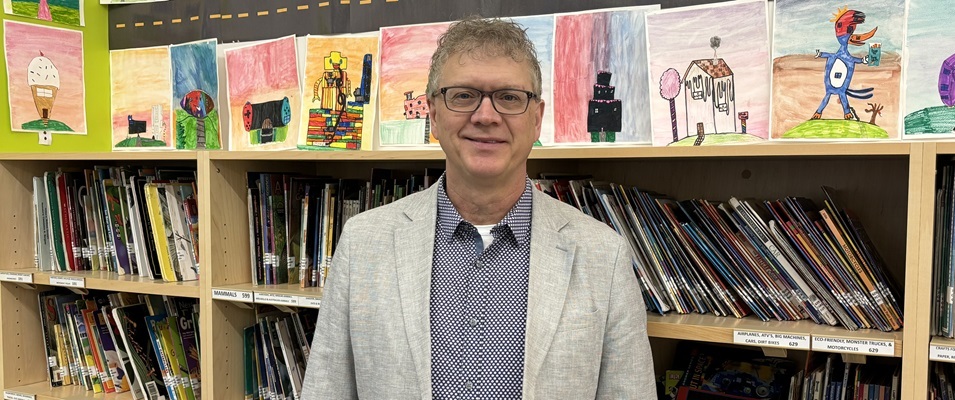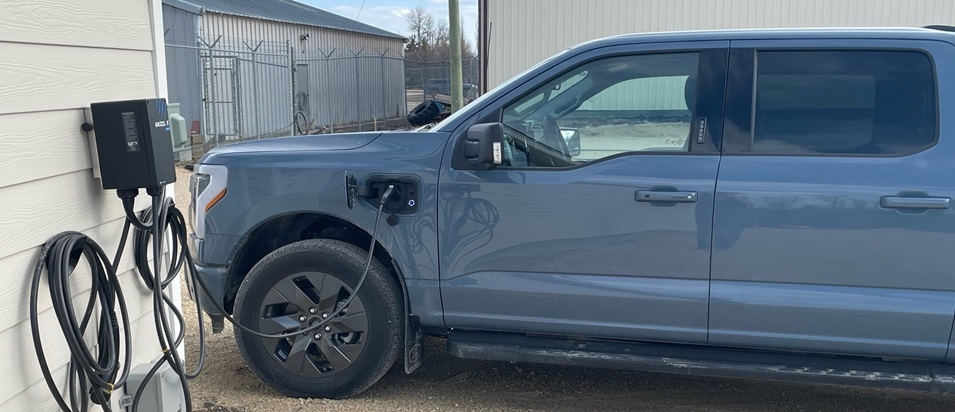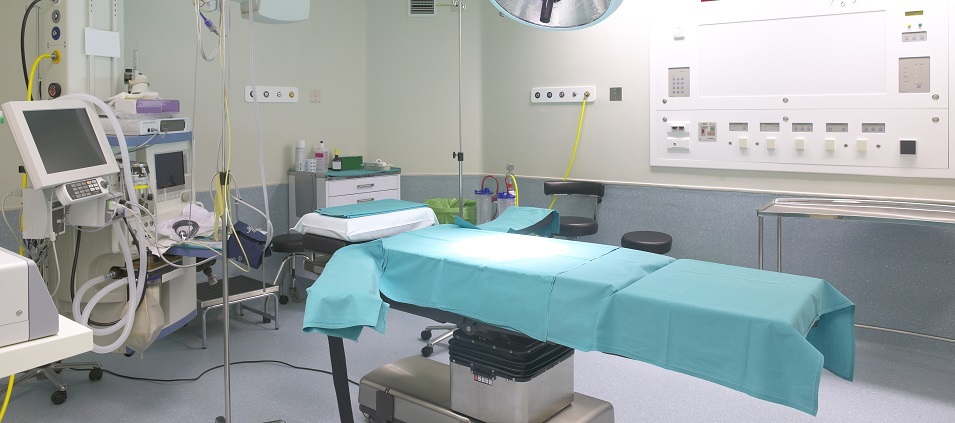
Manitobans are facing a growing number of postponed surgeries and diagnostic procedures. At last count, an estimated 160,000 procedures had been cancelled or pushed back, affecting local residents from a variety of demographics, all of them in a prolonged wait and being forced to face tough conditions.
When compared to other provinces, Manitoba’s backlog is very large. It was large before the arrival of the omicron variant, and now the province is having to deal with continuing staff shortages.
“Manitoba has faced more surgery disruptions than other provinces during the pandemic, and the cancelations continue as nurses are once again redeployed to support overwhelmed and understaffed ICUs,” reads a statement released by Doctors Manitoba.
On December 8, the provincial government established a taskforce to address the growing issue, but many in the healthcare field say the taskforce will not be effective in a timely manner.
“The taskforce has an unquestionably challenging task,” reads the Doctors Manitoba statement. “Manitobans need to know how long their wait will be. We look forward to the government setting a target date to clear the backlog in the coming weeks.”
High Risk of Cancer
If you don’t know anyone affected by the growing uncertainty over surgeries and when they can resume, the problem can seem abstract. But the reality is that there are thousands of real people who feel trapped in a seemingly endless holding pattern.
A number of these people are locals, perhaps friends, family, or neighbours. They aren’t just upset at the inconvenience, although the inconvenience is great. Many of them are afraid, knowing that their health outcomes could turn out to be much worse due to the long delays in getting treatment.
Karen Cinq-Mars is a self-employed clinical social worker living in Ste. Agathe with her three kids. She has been waiting for almost a year for multiple procedures to help her address her high risk of developing breast cancer.
Her ordeal started in October 2020 when her mother was diagnosed with the breast cancer gene called BRCA1.
“There were always backlogs even before COVID, so it took until March 26, 2021 to get the results,” Cinq-Mars says. “They showed I was positive for the BRCA1 breast cancer gene, which elevates my risk to 80 percent for breast cancer and elevates the risk for ovarian cancer as well.”
To mitigate this risk, her doctors recommended that she see a breast cancer surgeon, but the surgeon wouldn’t see her until she had submitted a recent mammogram.
In March, diagnostic services gave Cinq-Mars an October 2021 date for the mammogram, but she requested to be placed on a cancellation list and did receive an appointment for June 2021 after which she was able to be seen by the surgeon’s office for a consultation.
“Once I saw the surgeon, she referred me to a reconstruction surgeon as well, but at that time he said the delays in the surgeries would put me back until 2022,” she says. “He couldn’t give me a date, so I still don’t have a date for the hysterectomy and the mastectomy. It’s been over nine months and these procedures would reduce my chances for cancer greatly.”
Living with a high risk of cancer means that she needs to have a mammogram and an MRI every year to ensure that if she does develop cancer it can be caught quickly.
“I did get an MRI on time, but I am worried that I won’t get those diagnostic services, those protective measures moving forward if they get even more backed up,” she says. “Coming up in June, I’ll see if I get the mammogram when I’m supposed to.”
While waiting for these surgeries, Cinq-Mars also developed an unexplained weakness in her hands and feet. She was able to see a neurologist and, through a cancellation list, receive another MRI which showed three herniated discs putting pressure on her spinal cord.
“In April 2021, I was referred to a spinal surgeon and I still have no appointment for that,” says Cinq-Mars. “But this didn’t explain the problem with my feet. They thought it was peripheral neuropathy, which they think might be a genetic disorder, so I am on a wait list for an appointment to see a geneticist for that, and I don’t have an appointment. If it’s that, there’s not a lot I can do to take care of it, but there’s nothing I can do right now to stop the neuropathy and stop further nerve damage because there’s nothing I can do awaiting the diagnosis.”
Cinq-Mars is still waiting for a surgery date for any of her three surgeries.
Uncertainty About the Future
Due to these struggles with her health, Cinq-Mars lives with daily uncertainty about the future. She worries about what will happen if she develops cancer and has to go through chemo and other treatments, not to mention the spinal damage that could be occurring.
“I have kids I still take care of,” she says. “I’m a single parent. So the impact of not getting the surgery in a timely manner could be drastic.”
Cinq-Mars says that she is easily tired, doesn’t have as much strength as she used to, and is unsteady on her feet and more prone to falling.
“Any one of these issues can interfere with my ability to live,” she adds. “I have a private practice, so I don’t have insurance. I don’t have disability insurance or short-term leave or sick time. If I don’t work, I don’t have money coming in to pay my bills. If I’m not up and about, I can’t take care of my kids.”
She is also frustrated with the difficulty in accessing care from family doctors, who are sometimes only available remotely. Because of COVID-19, doctors are scheduling more phone and video chat appointments. In many cases, patients are apprehensive about going into the office in-person.
If you aren’t an assertive advocate for your own health, Cinq-Mars says, you may find it’s getting harder to receive adequate care.
“I think if you are unsure of yourself or even have a quieter personality, it’s harder to speak up and say, ‘This is what I want and this is what I need,’” she says. “People are ignoring issues more often because they don’t want to advocate for themselves. People aren’t receiving the care they need. People have had their stages of cancer advance because they couldn’t get care because of the backlog.”
Frustration and Burnout
For anyone else who’s waiting for surgeries or treatments, Cinq-Mars has a few helpful encouragements when preparing for an appointment or phone consultation.
“Write yourself a list,” Cinq-Mars says. “Get yourself in a chair in their office and don’t get up from that chair until they’ve addressed your list… Don’t take no for an answer. If you can bring someone with you, this may help. Doing it all on your own doesn’t work. That’s the main goal—don’t try to do everything on your own.”
For most of her in-person medical appointments, Cinq-Mars has gone by herself. But when seeing her surgeon, she was able to bring her partner along so he could hear firsthand what kind of care he would need to provide when she does eventually have her surgery.
Privately, she receives the support she needs from family and friends, but Cinq-Mars can see the stress that is being shouldered by frontline healthcare workers.
“I have friends who work in hospitals, and nurses, so I see and hear about the stress involved about people who aren’t vaccinated and who are increasing the volumes of cases in hospitals and still refuse to acknowledge COVID exists,” she says. “When they were protesting in front of the Cancer Care building, that was incredibly upsetting for a lot of people. People with compromised immune systems had to go through those crowds to get care.”
As for the taskforce that’s been given the responsibility to figure out how to resolve the surgical backlog, Cinq-Mars says it isn’t enough. She points to the high level of turnover in the healthcare field, with people being asked to work in areas apart from their specialties.
“We all know what the issues are,” Cinq-Mars says. “We’ve seen them for a long time and the government made cuts which escalated this crisis… This government has a habit of making a worker do more and more with less and less, so all the qualified, seasoned medical professionals, social workers, doctors, nurses, homecare, or whatever, all the strong workers are leaving because they are burned out. They are filling positions now with inexperienced workers who need mentoring and support. Any study will show you that there is a lot of loss when you have staff turnover. It takes time; it takes months to get them up to speed.”
“We Just Need to Know”
Some of the people impacted by the surgical backlog may also be surprisingly young and fit. Though not in a high-risk category for COVID-19, one middle school student from Niverville is awaiting a diagnosis and possible surgery to correct a knee injury.
Aidan Kipe tore his knee ligaments at school in April 2021. It took more than a week for the boy to be seen at an appointment with athletic specialists at the Pan Am Clinic in Winnipeg.
“Aidan was assessed as having an MCL, with a possible ACL tear,” says his mother, Amanda Kipe. “The MCL tear is treated with a brace and will heal on its own. But an ACL tear can’t be treated and needs surgery. So we were told we needed an MRI to figure out which type of tear he has.”
Originally the Kipes were told that Aidan should have the MRI done within four weeks to properly diagnose the injury.
They still have not been called for an appointment. For Aidan, the wait is causing some anxiety and limiting his mobility.
“Aidan is more of an anxious boy, so he is constantly worried that something else is still wrong with his knee even though it seems to be healed,” says Kipe. “We’re glad he does not seem to be in pain, but we notice he still does not have strength in his knee. When he forgets about it, he acts normal. And when he remembers it, he takes extra caution in his activities… less running, less carefree jumping. He has use of the knee, but more so for my son, it is a mental struggle. So the unknown takes its toll. Just knowing yes or no would alleviate the mental stress.”
Kipe says that technically you can go a long time without knowing whether you have an ACL tear, but the issue is that it can lead to other issues in the future.
“It may be healed, but we just don’t know,” says Kipe. “So we’re looking at quality of life down the road. If it is an ACL tear and it is not corrected with surgery when he is young, he will have a weaker joint. It may need to be corrected later in life or it may give out when it is stressed later on because we didn’t know it needed to be fixed now. We just need to know.”
In the meantime, although the Kipes haven’t had many appointments throughout the pandemic—they are really only waiting for the one appointment that affects them—they say that it’s clear how much frontline staff is struggling.
“We can all tell they’re trying their best, but they just need to hire more people,” Kipe says. “We need more staff. All around, goodness, we need more.”
Immense Mental Toll
Danielle Brémaud-Edwards is another Niverville resident waiting for an important appointment. In her case, it’s a hernia surgery, as well as a colonoscopy to diagnose the underlying causes.
“I have a hiatus hernia, which causes me a lot of pain and discomfort with heartburn, and iron deficiency anaemia for which we are searching for the underlying cause,” says Brémaud-Edwards.
Her experience navigating the healthcare system right now has been extremely stressful. Entering hospitals, waiting for appointments, and observing the stress levels among healthcare professionals has her and her support persons on edge.
“It’s horrible,” she says. “We are constantly looking over our shoulders every time someone sneezes or coughs. Depending where you go for emergency or urgent care, you don’t even get looked at for the reason you’re there. You’re whisked away to an isolation room and get a test done for something that is nowhere near symptoms of COVID. And the three Winnipeg hospitals that have emergency rooms… are overwhelmed. Nurses and doctors are burning out.”
She reports many common problems: having to wait, constantly wondering about what’s going on with her physical health, and then living with the immense mental toll.
Brémaud-Edwards wants all frontlines healthcare workers to know that they are appreciated.
“We appreciate you and I know you don’t hear it enough,” she says. “We thank you for all your hard work.”
And to anyone facing a long wait and uncertainty surrounding their health, she wants you to know you’re not alone.
“Hopefully we will all get through this sooner rather than later.”





